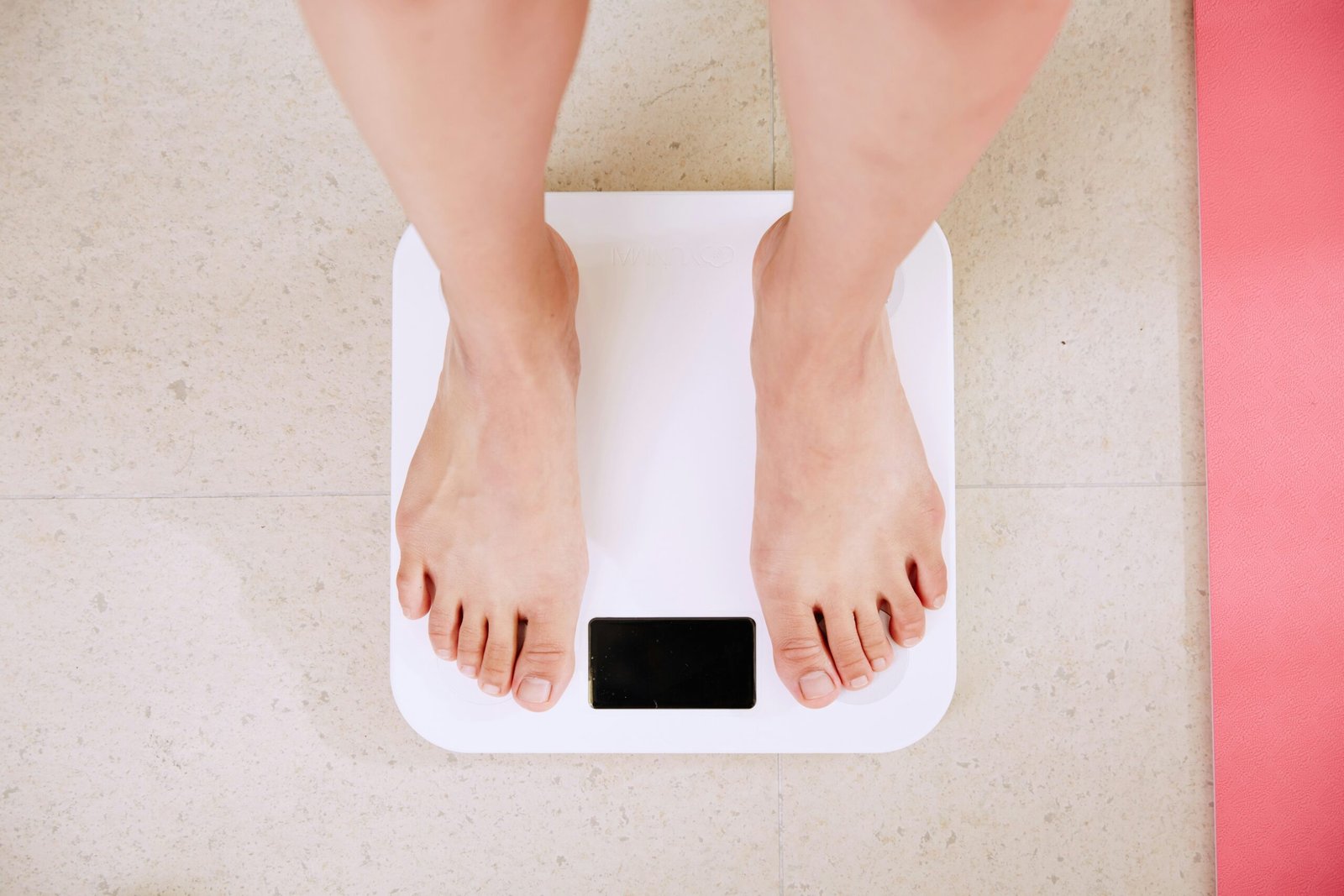Introduction
The age-old arguments over which is better for losing weight, diets vs diet pills, still rage on today. Let’s have a closer look at the options and their benefits.
Losing weight is a challenging journey for many individuals seeking a healthier lifestyle. In the quest for shedding excess pounds, people often explore different avenues, including diets and diet pills. While both approaches aim to facilitate weight loss, it is crucial to evaluate their effectiveness and potential risks to make informed decisions. This article delves into the topic of weight loss and compares the efficacy of diets and diet pills.
Understanding Diets
Diets are structured eating plans that regulate food choices, portion sizes, and meal frequency. They often focus on reducing calorie intake or manipulating macronutrient ratios. Several popular diets have emerged over the years, such as low-carb, low-fat, ketogenic, paleolithic, and intermittent fasting. These dietary approaches typically aim to create a calorie deficit, forcing the body to burn stored fat for energy.

Benefits of Diets for Weight Loss
- Sustainable Lifestyle Changes: Diets encourage individuals to adopt healthier eating habits and make sustainable lifestyle changes. By promoting the consumption of whole, nutrient-dense foods, diets can lead to long-term weight management.
- Psychological Transformation: Embarking on a diet can provide a psychological shift, empowering individuals to take control of their health. The process of self-discipline and the positive outcomes experienced during weight loss can boost self-esteem and motivation.
- Customizability: Diets can be tailored to individual needs, preferences, and dietary restrictions. This flexibility allows people to choose a plan that suits their lifestyle, making adherence more manageable.
Challenges of Diets for Weight Loss
- Compliance and Adherence: Following a diet requires discipline and dedication, which can be challenging for some individuals. The strict rules and limitations may lead to cravings, feelings of deprivation, and eventual relapses into unhealthy eating habits.
- Plateau Effect: Weight loss progress can plateau after an initial period of success. The body adapts to reduced calorie intake, slowing down the metabolism and making further weight loss difficult.
- Nutrient Deficiencies: Some diets may restrict certain food groups, leading to potential nutrient deficiencies. It is crucial to ensure that the chosen diet provides all essential nutrients, and consulting a healthcare professional or a registered dietitian is recommended.
Understanding Diet Pills
Diet pills, also known as weight loss supplements, are designed to assist in weight reduction by altering bodily processes. These pills typically contain various ingredients, such as stimulants, appetite suppressants, or fat blockers. They aim to boost metabolism, reduce appetite, or inhibit fat absorption.

Benefits of Diet Pills for Weight Loss
- Increased Metabolic Rate: Some diet pills contain thermogenic compounds that can raise the body’s metabolic rate, potentially enhancing calorie burning.
- Appetite Suppression: Certain diet pills act as appetite suppressants, helping individuals control their food intake and reduce cravings.
- Convenience: Diet pills offer a convenient and easily accessible option for those seeking weight loss. They can be taken as directed without the need for elaborate meal planning or calorie counting.
Challenges of Diet Pills for Weight Loss
- Safety Concerns: The use of diet pills raises safety concerns due to the lack of regulation in the supplement industry. Some products may contain undisclosed or harmful ingredients that can lead to adverse effects on health.
- Short-Term Solutions: Diet pills often provide short-term weight loss results, and the effects may diminish once the pills are discontinued. Long-term success requires sustainable lifestyle changes.
- Side Effects: Many diet pills have potential side effects, including increased heart rate, elevated blood pressure, digestive issues, insomnia, and anxiety. These side effects can be particularly problematic for individuals with underlying health conditions.
Finding Balance: The Best Approach
When considering weight loss strategies, it is important to adopt a holistic approach that combines elements of both diets and lifestyle modifications. Here are some key points to consider:
- Individualization: Seek guidance from healthcare professionals or registered dietitians who can assess your specific needs and help design a personalized plan that incorporates a balanced diet and exercise regimen.
- Focus on Sustainable Lifestyle Changes: Rather than relying solely on short-term solutions, prioritize long-term sustainable changes to your eating habits and physical activity. This approach will yield better results in the long run.
- Monitor Progress: Regularly track your progress, not just in terms of weight loss but also by assessing other health markers such as improved energy levels, reduced waist circumference, and enhanced overall well-being.
Roundup on diets vs diet pills
When it comes to weight loss, there is no one-size-fits-all solution. While diets and diet pills offer potential benefits, they also come with challenges and risks.
Ultimately, the most effective approach lies in combining a well-balanced diet, portion control, regular physical activity, and a focus on overall lifestyle changes. It is essential to consult healthcare professionals or registered dietitians to ensure safety and effectiveness in your weight loss journey. Remember, sustained weight loss is a marathon, not a sprint, and achieving it through healthy and sustainable means is always the best choice.







